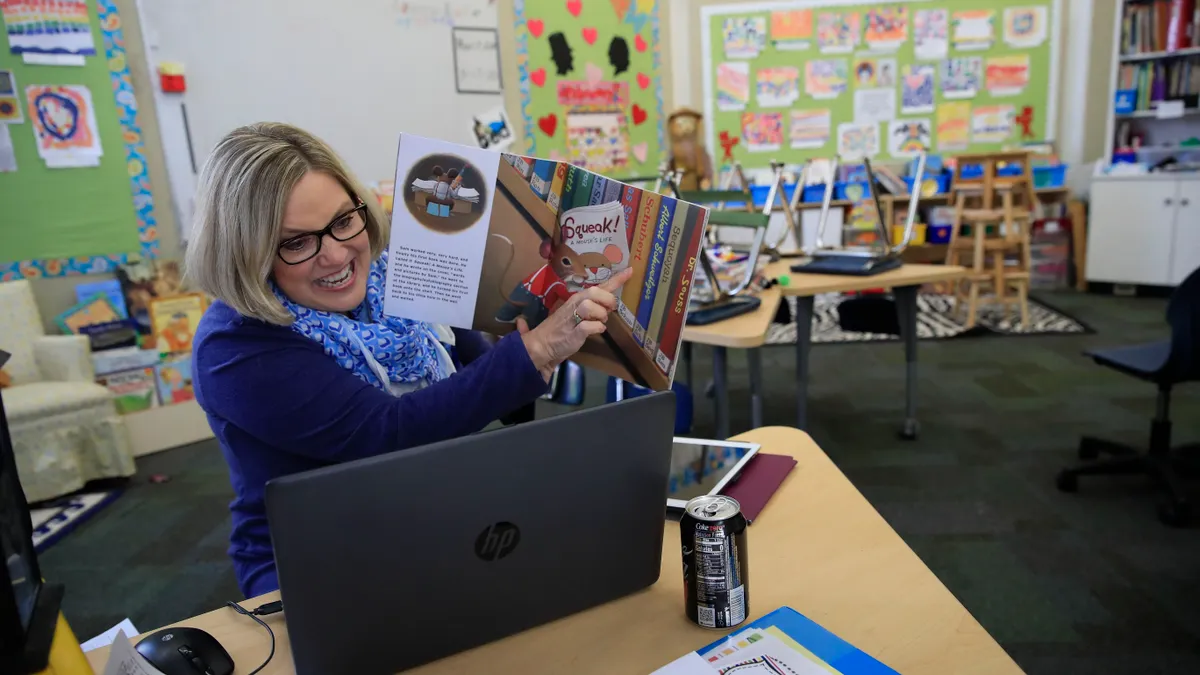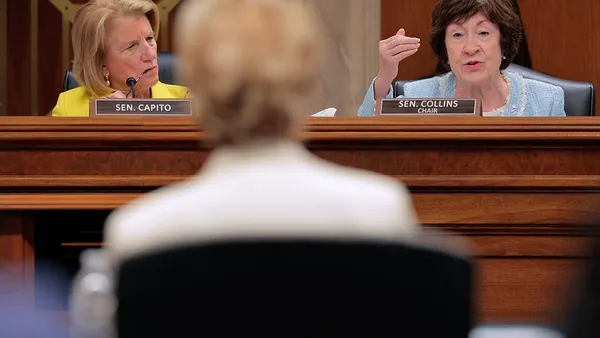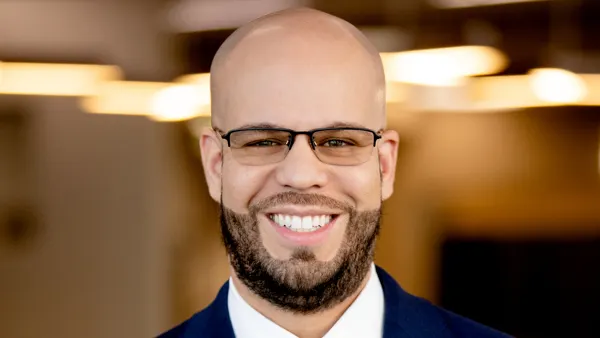Dive Brief:
- Schools in Indiana will no longer be able to hire special education teachers on emergency licensure status after this school year and will instead only be able to hire fully-licensed special education teachers or educators actively working on alternative pathways to full licensure, according to an Indiana Department of Education memo and FAQs issued recently.
- The emergency permit process was used to temporarily fill special education teaching vacancies, but the state is making the change in order to comply with federal and state policy. The change only applies to special education teachers.
- Indiana’s policy change demonstrates the challenge of hiring fully-prepared and qualified special educators during ongoing teacher shortages and during a critical moment for pandemic-related learning recovery for students with disabilities.
Dive Insight:
Nationwide, about 90% of students with and without disabilities were taught by educators with permanent teaching certificates in 2013 and 2015, according to a report from the National Center for Education Statistics.
The report, however, said schools with higher proportions of students from low-income households and higher proportions of students of color tend to have teachers with temporary certifications, fewer years of teaching experience, and teaching in fields in which they are not necessarily certified.
The National Council on Teacher Quality recommends states cease providing emergency or provisional teaching permits to teachers who have not met their state’s license requirements. Each state sets its own standards for emergency teaching licenses, but for special educators, the Individuals with Disabilities Education Act says teachers of students with disabilities may not have their license waived on an emergency, temporary or provisional basis. Special educators also must have a bachelor’s degree.
“You can't expect positive student outcomes or student achievement or implementation of initiatives like [multi-tiered systems of support] if you don't have the right people with the right skills delivering the instruction,” said Laurie VanderPloeg, associate executive director for professional affairs at the Council for Exceptional Children and a former director of the U.S. Department of Education's Office of Special Education Programs.
VanderPloeg said hardships created by the pandemic have added to significant challenges filling special education teacher shortages, in part because some people who were in teacher preparation programs had to pause that commitment.
She added, however, that states and school districts are implementing alternative teaching pathways to support prospective teachers as they actively work toward obtaining full-licensure status.
These alternative pathways to full licensure for people who already have a bachelor’s degree but don’t have education or school-based backgrounds are acceptable under the Indiana policy. High-quality, rigorous alternative teaching pathways are also endorsed by the federal education department and recognized by IDEA. Most states have policies, practices and dedicated funding for alternative preparation routes, according to an OSEP document.
For example, Minnesota’s Grow Your Own program has made strides in expanding education preparation programs for paraprofessionals of color. Indiana has a Transition to Teaching program that provides candidates with pedagogical preparation needed for the grade span in which they are seeking licensure. The Georgia Teacher Academy for Preparation and Pedagogy gives career changers and college graduates without a teaching license support as they earn a full teaching certificate.
CEC’s JumpStart program also offers online mentoring and coursework for new and early career special educators.
Alternative teacher preparation programs should include comprehensive coursework, mentoring and a strong induction program, said VanderPloeg. Ideally, these alternative routes should produce educators of the same quality as those from traditional teacher preparation programs, she said.
“We want states to be able to consider alternate approaches to certification, but in the same breath, we want to make sure that the programs are comprehensive and they have additional supports in place to ensure success,” she said.














